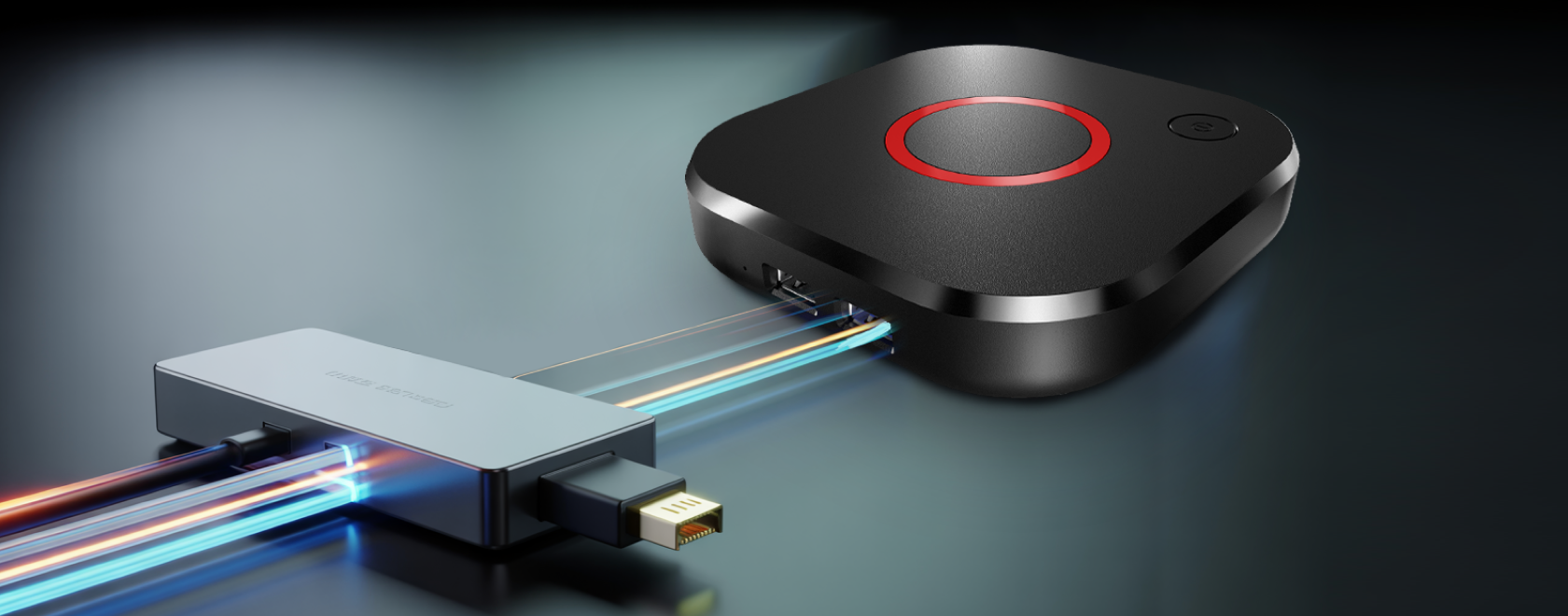Why USB-Ethernet Matters for IPTV
Streaming IPTV content places specific demands on a network connection. Unlike general web browsing, IPTV requires a consistent data flow, especially for live channels and high-definition broadcasts. Wi-Fi often struggles with interference and latency, while a wired connection through a USB-Ethernet adapter ensures stability and uninterrupted viewing.
Compatibility and Chipset Considerations
The most important factor in choosing a USB-to-Ethernet adapter is chipset compatibility. IPTV boxes typically run Android-based firmware, and driver support depends on the included chipsets. Widely supported options include Realtek RTL8152, RTL8153 and ASIX AX88179. Cheap adapters with unknown chipsets often fail due to missing drivers, so branded and documented models are strongly recommended.
USB Standards and Their Impact on Speed
Equally important is the USB standard supported by the IPTV set-top box. USB 2.0 delivers up to 480 Mbps in theory but closer to 200–250 Mbps in practice, which is sufficient for 4K IPTV. USB 3.0 enables gigabit adapters to reach 600–900 Mbps, providing faster transfers and more headroom for multitasking.
Real-World Performance: What Users Can Expect
USB 2.0 adapters typically achieve 80–200 Mbps, enough for Full HD and 4K streaming. USB 3.0 gigabit adapters often deliver 600–900 Mbps on fiber connections. Even modest speeds are sufficient for IPTV, while USB 3.0 adds future-proofing and stability.
Installation and Practical Use
Setting up a USB-Ethernet adapter is usually plug-and-play. After connecting it to the USB port and router, the system automatically recognizes it if supported. Users should confirm that Ethernet is prioritized over Wi-Fi. Once configured, latency drops and stability improves, especially for interactive IPTV features.
Choosing Between Budget and Premium Options
Budget adapters may overheat or drop connections, while premium models offer better build quality, thermal performance, and reliability. For long-term IPTV use, investing in a well-known brand ensures consistent performance and peace of mind.
USB-to-Ethernet adapters provide IPTV set-top box owners with a straightforward way to overcome the limitations of Wi-Fi and the absence of an RJ-45 port. With the right chipset, users can ensure full compatibility, while the choice between USB 2.0 and USB 3.0 models determines the available bandwidth and future flexibility. Real-world speeds, though often lower than theoretical figures, are more than sufficient for IPTV streaming, even at 4K resolution. For those seeking stability, minimal buffering, and uninterrupted playback, a reliable USB-to-Ethernet adapter is not just an accessory but an essential part of the IPTV experience.
